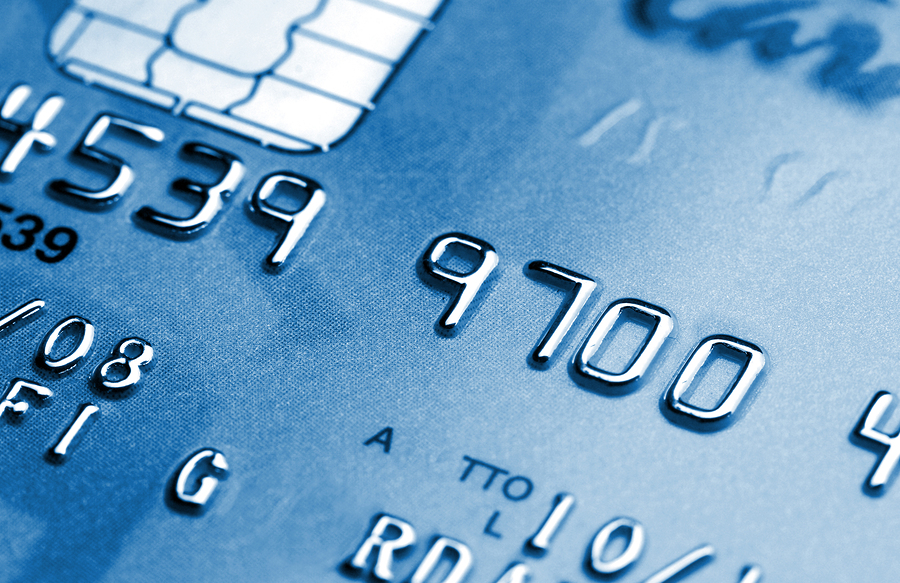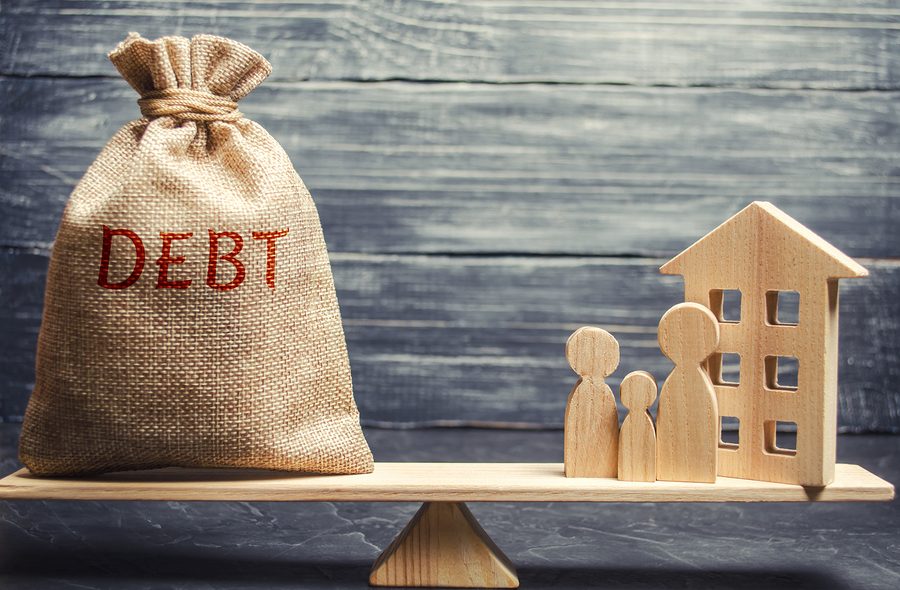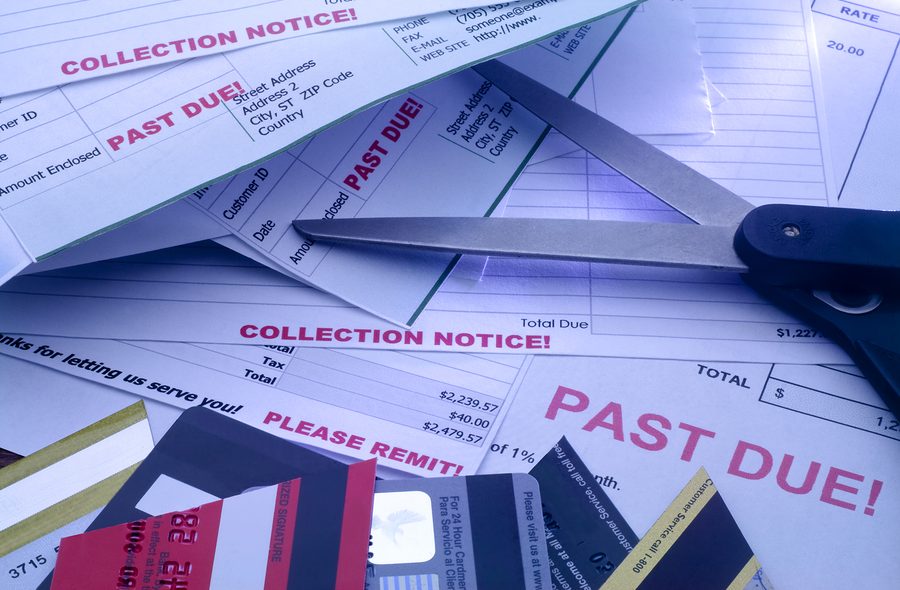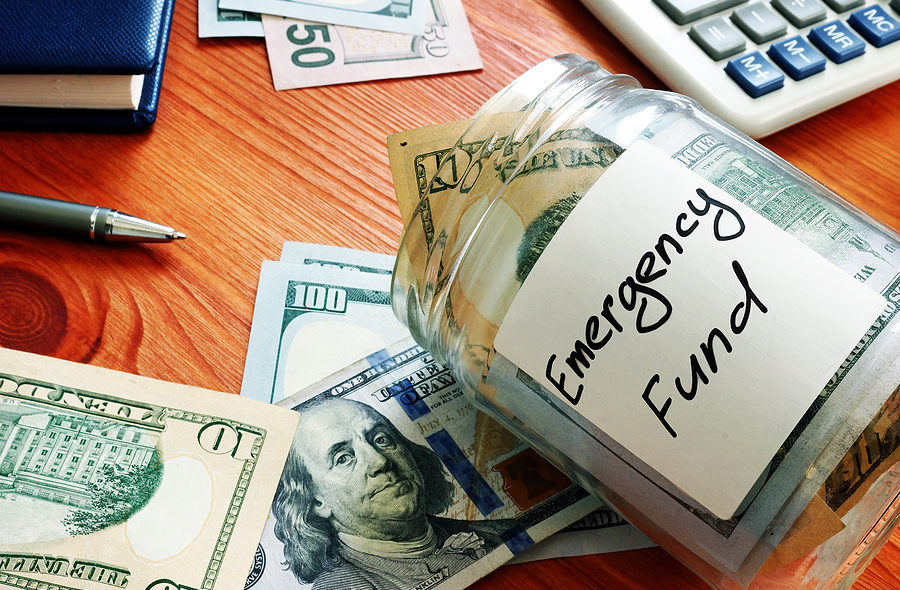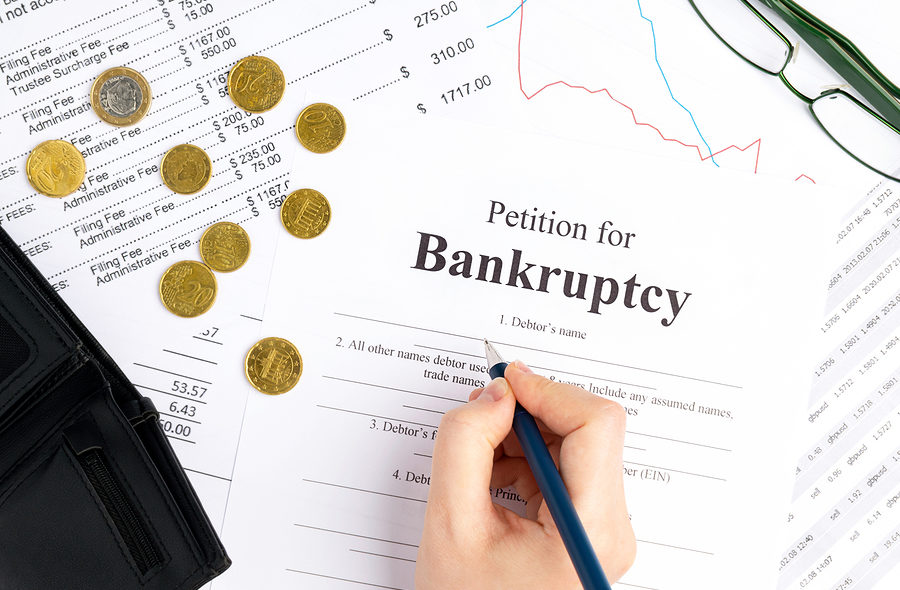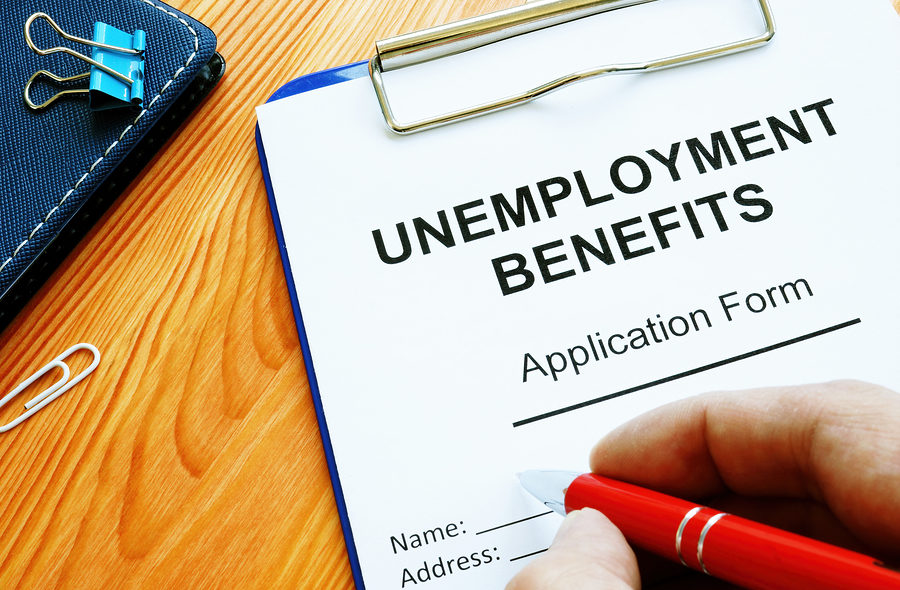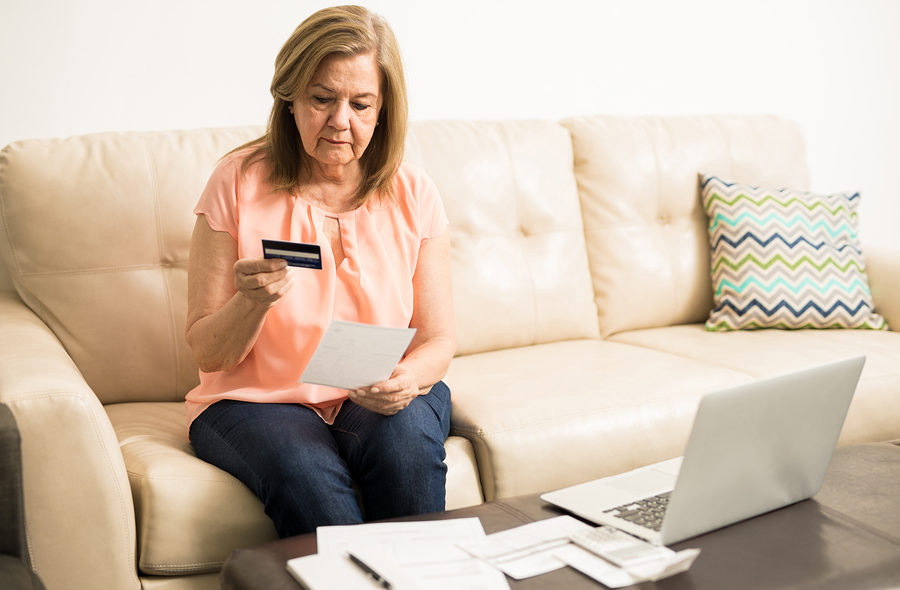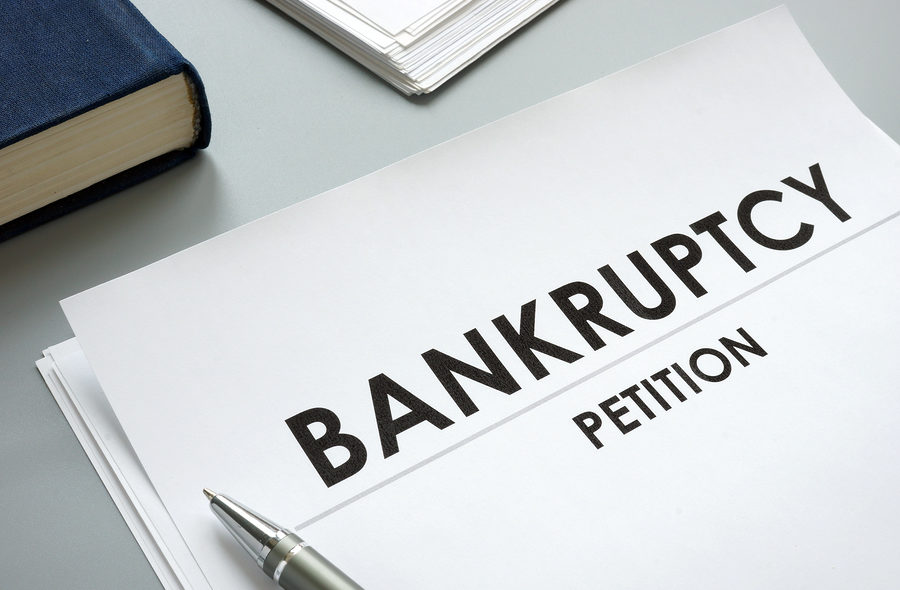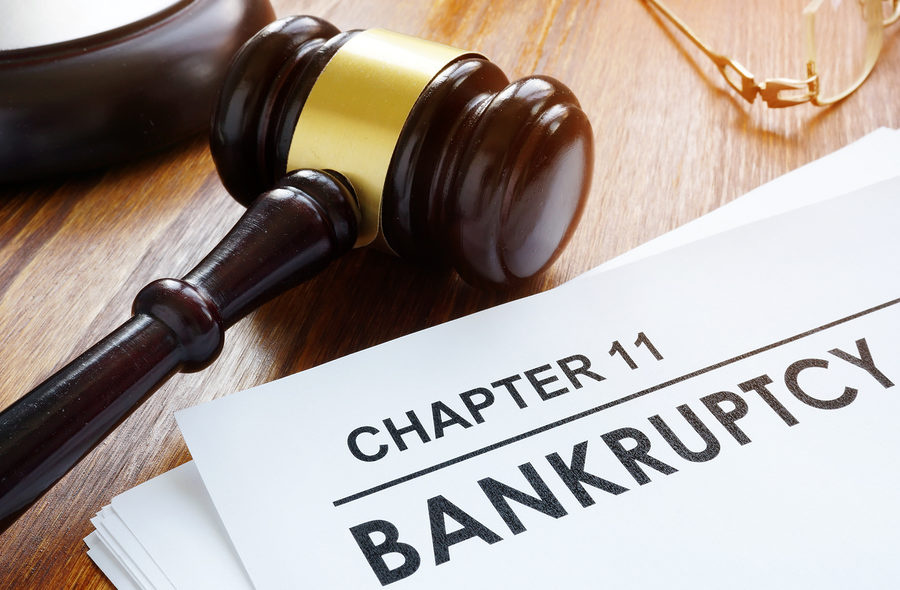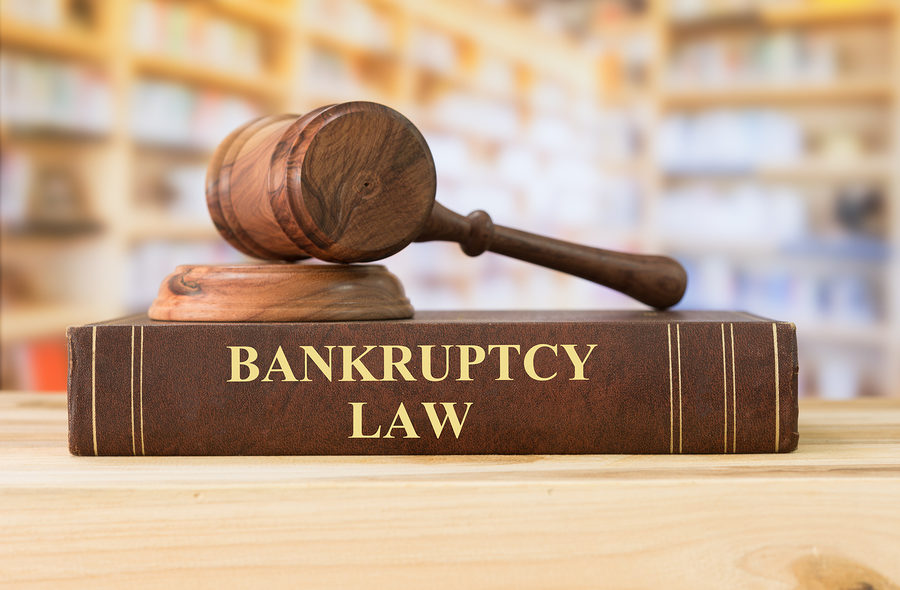The coronavirus (COVID-19) pandemic has hit the country’s economy hard, but this fact does not seem to be reflected in the nation’s credit card debt. According to statistics from credit reporting agency, Experian, credit card balances have declined at a record rate in 2020.
Economic crises tend to lead to a change in consumer behavior. World War II pushed consumers to change their spending habits in ways they had not done before. The COVID-19 pandemic with forced lockdowns and widespread unemployment has likewise put things into perspective for American consumers, pushing them to change their spending habits, as well, including how they use their credit cards.

